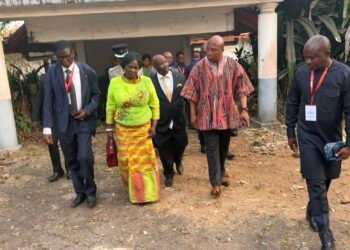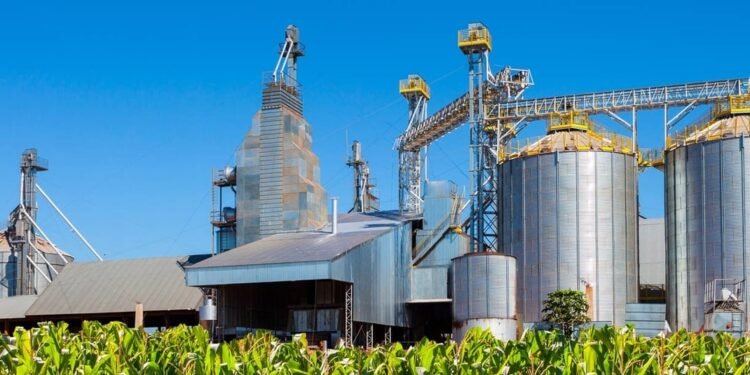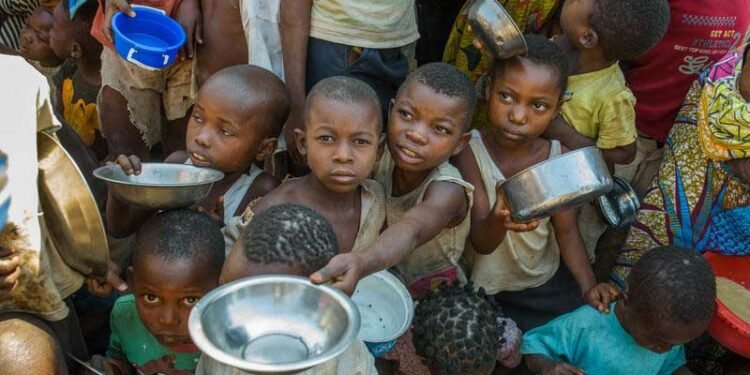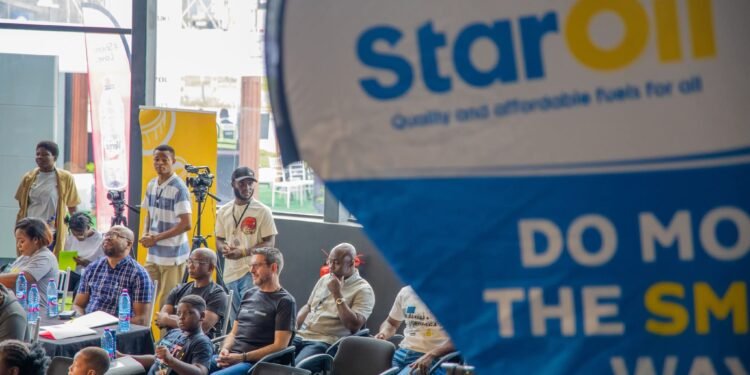Life is like a box of chocolate – it offers bitter-sweet moments, full of sheer surprises and has many stops and turns.
The policies, strategies and developmental plans of government for industries and sectors of a country offers a kaleidoscope of experience most stakeholders and active participants are not ready for.
This is because who gets to benefit from the trove of profits raked in becomes the bone of contention, leading to most industry players being doleful and resentful of government.
A classic example is the Ghana cocoa sector which has been seething with dissatisfaction and threats to one of the country’s biggest ‘cash cows’ – making one believe that Tetteh Quarshie must be reeling in his grave.
That being said, consumers have equally become aware of the bitter-sweet legacy of farmers who are at the heart of Ghana’s biggest export commodity.
Truth is that expectations from government when it announced the new cocoa price for the 2022/2023 seasons were dashed as the floodgates of criticism, counterarguments and outright blame-shifting poured in.
Announcement by President Akufo-Addo with regards to government keeping its promise to gallant cocoa farmers, thereby increasing cocoa prices from GH¢12,800 per ton, to GH¢20,943 per ton, and GH¢1,308 per bag didn’t receive the ultimate reception.
Despite the price recording some 70.5% of the Gross FoB price, which is equivalent $1,821 per ton, – which is the “highest price to be paid to cocoa farmers across West Africa in some 50 years“, the backlash from the minority snowballed into an ugly ‘crime scene’ as cocoa associations, experts and some CSO waded into the conversation.
On the one hand, the minority spearheaded by its flagbearer, John Dramani Mahama, described the move by government as “insensitive”.
As the party acted as the perfect knight in shining armor, ready to rescue farmers in distress, he emphasized that international market price “surging to a 46-year record high of $3,600, should have given our cocoa farmers their fair share of the international FOB price”.
One thing is definite, the former President’s remarks emboldened the minority leader, Cassiel Ato Forson and the NDC communications officer, Sammy Gyamfi, to exercise their rights to speech – insisting government’s move was “insensitive”.
But not willing to back down without a fight, the ruling government having all the “facts” contended that the opposition was merely acting out of “political expediency”.
Moreover, NPP’s Richard Ahiagbah stated that COCOBOD through the support of the government “has been able to restore most of these farms, which were plagued by diseases under the NDC, through the Cocoa Rehabilitation Programme”.
He further stated that these farms are expected to yield positive results in the next few years and help increase Ghana’s production capacity.
Cocoa land sales to galamsey on the rise
Since separating facts from fiction seems to be the score cards of the ruling party, it is safe to say that Ghana ended the cocoa season a month earlier due to lower expected output. This was mainly due to smuggling and illegal mining.
Meanwhile, Ghana lost some 150,000 metric tonnes of cocoa equivalent to about $560 million due to activities of smuggling and illegal mining.
While cocoa has provided a critical source of revenue for farmers and government, the miserable living condition of farmers in ‘brown gold’ cocoa growing communities have also suffered from years of predatory market practices, declining commodity prices, and unfair terms of trade.
These lamentable market dynamics, coupled with occurrences such as varying agriculture and forestry policies, has forced farmers to either sell off their acre lands for a generous amount, or change occupation by becoming ‘galamseyers’ themselves.
Ironically, Ivory Coast and Ghana – between them account for 60% of the world’s cocoa production. However, it is in these two countries where the issues of farmer poverty, deforestation and child labor are most prevalent.
Cocoa farms are being converted to galamsey sites in droves, as if that is not enough, it is threatening the export capacity of Ghana and its enviable position as the second global exporter of cocoa.
However, the question one is forced to ask is what is the relevance of wielding a title when there’s nothing to show for it?
The bark of farmers has overtime been perceived to be worse than their bite. As various descriptive expressions are being used to portray their plight, the benefactors on the other hand are enjoying the sweet side of the cocoa.
Bottomline is, good intentions can most often be misconstrued as an avenue for malice, especially when the very government farmers depend on do everything possible to make light of their sweat, by “shortchanging” them.
There has been varying levels of call to action from various quarters on some systemic failures and the sooner government starts brewing the right measures to give farmers a fair share of the price they deserve, the better.
READ ALSO: Bantama MP Urges Public To Disregard Comments By Kennedy Agyapong























